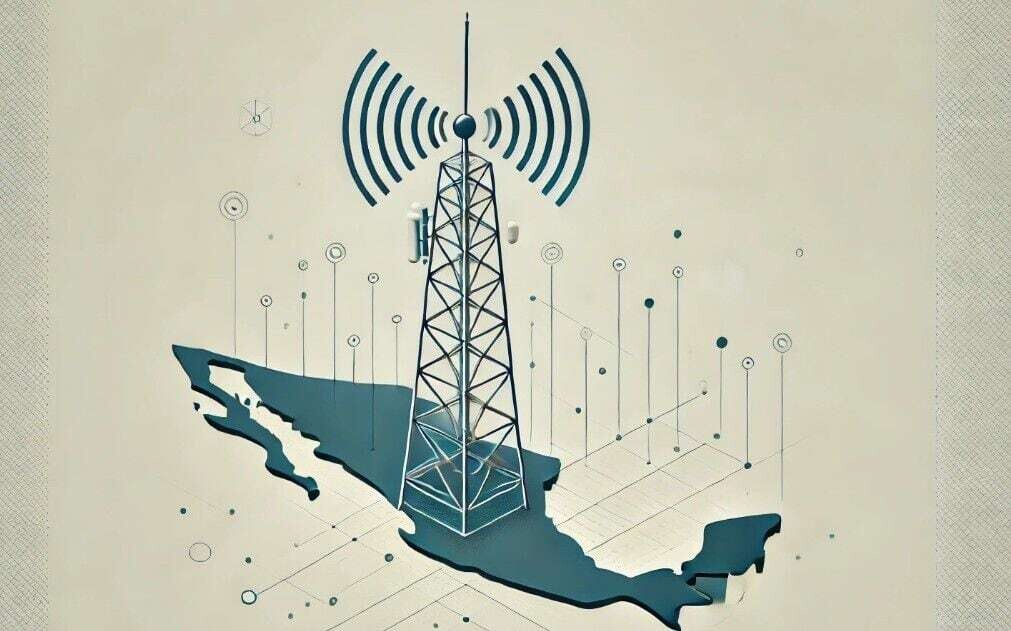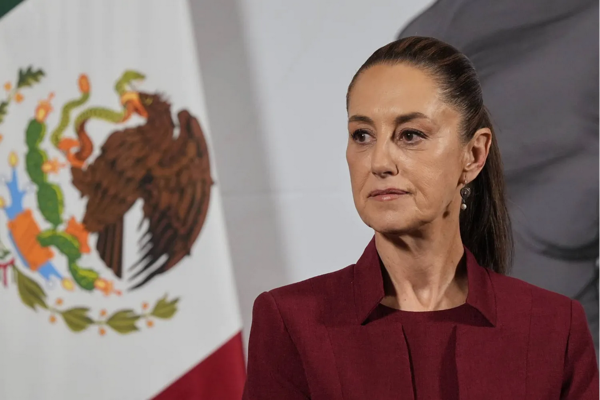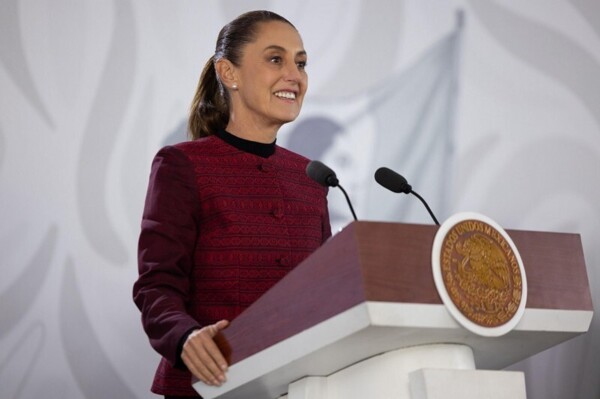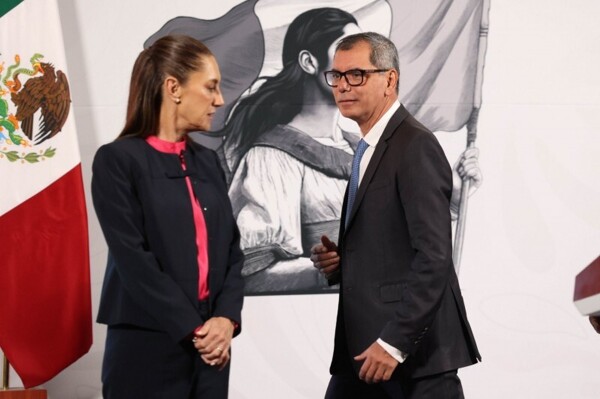
In the 5G bidding process, public consultations were held in which the industry actively participated. Rayo Zapata mentioned the importance of not neglecting the work that had been previously done in conjunction with the previous government. It is expected that regulation will not be delayed to eliminate legal gaps that could affect telecommunications companies such as América Móvil, AT&T, Grupo Televisa, Megacable, Telefónica Movistar, and others, increasing their costs up to three times.
An analyst from the consulting firm The CIU, Daniel Cabrera Martínez, pointed out that the new regulatory scheme involves the creation of a "double (or triple) window." This could generate uncertainty and additional administrative costs for regulated companies. On the other hand, the former commissioner of the IFT, Salma Jalife, highlighted that the approval of the 5G bidding is essential to consolidate President Claudia Sheinbaum's Mexico Plan, as connectivity will provide a competitive advantage globally.
Regarding connectivity in rural areas, the need to include them in the connectivity policy was mentioned. Rayo Zapata emphasized that it is crucial not only to provide access to networks like 4G but also to address the digital divide concerning equipment and training to effectively leverage this connectivity.
On the other hand, the industry is concerned about the process of creating a law on cybersecurity, which will now be under the responsibility of the Digital Transformation and Telecommunications Agency. Some analysts believe that this could represent a setback, as the agency may not have the necessary capacity to face the growing wave of cyberattacks targeting the country.
The general director of AMITI, Sofía Pérez Gasque, emphasized the importance of prioritizing cybersecurity, given the high number of cyberattack attempts that government agencies receive weekly. If not effectively addressed, these attacks could go unpunished. In the first five months of Claudia Sheinbaum's administration, a drastic change in telecommunications policy has been observed, which could lead Mexico to regress up to 20 years in terms of connectivity and digitization, according to specialists and industry entrepreneurs.
Cindy Rayo Zapata from ASIET expressed her concern about the possible disintegration of the Federal Telecommunications Institute and the distribution of its functions among different entities, which has generated some paralysis in the reconfiguration of sector regulation. Hope resides in the government resuming existing foundations to avoid significant regression in the technological development and connectivity of the country.














